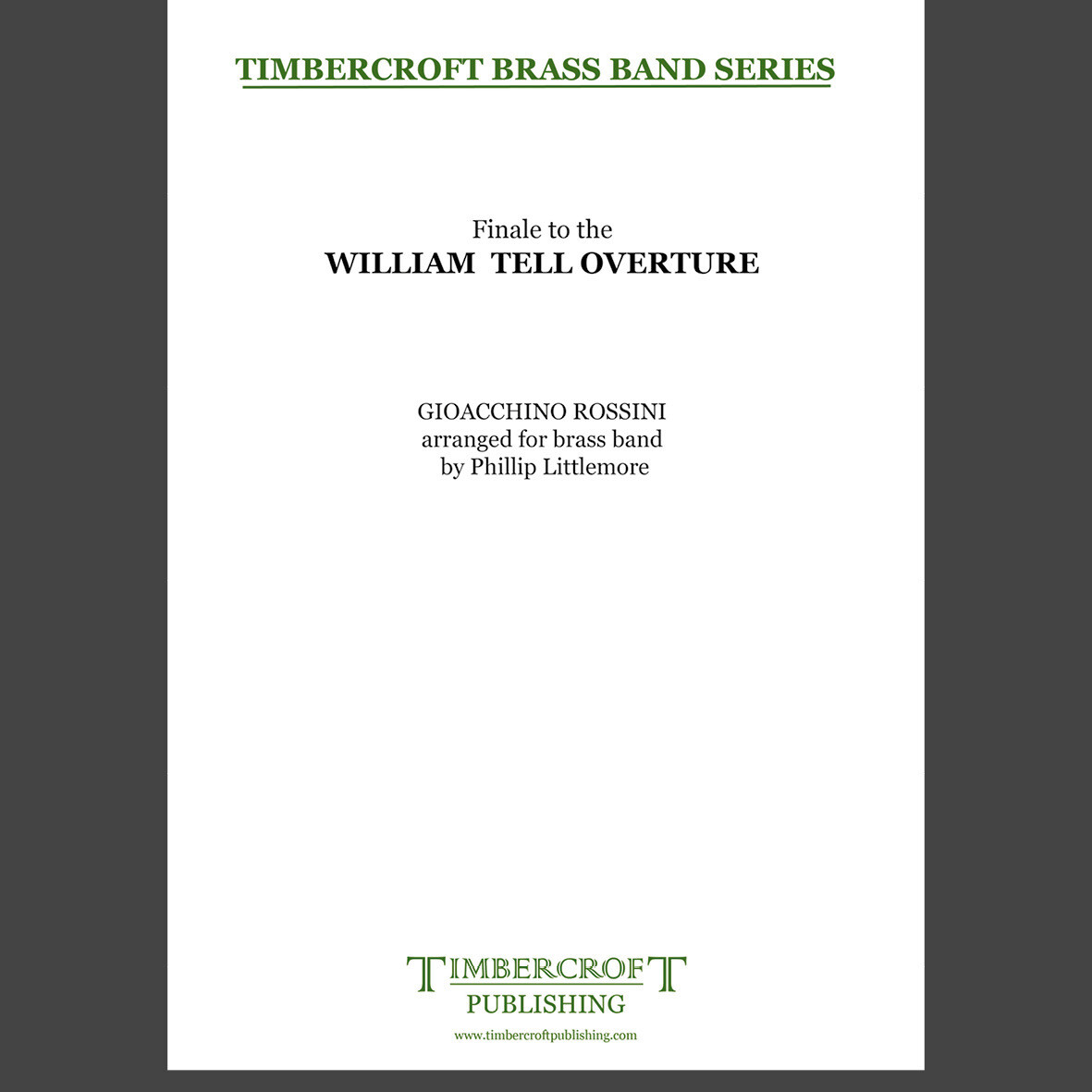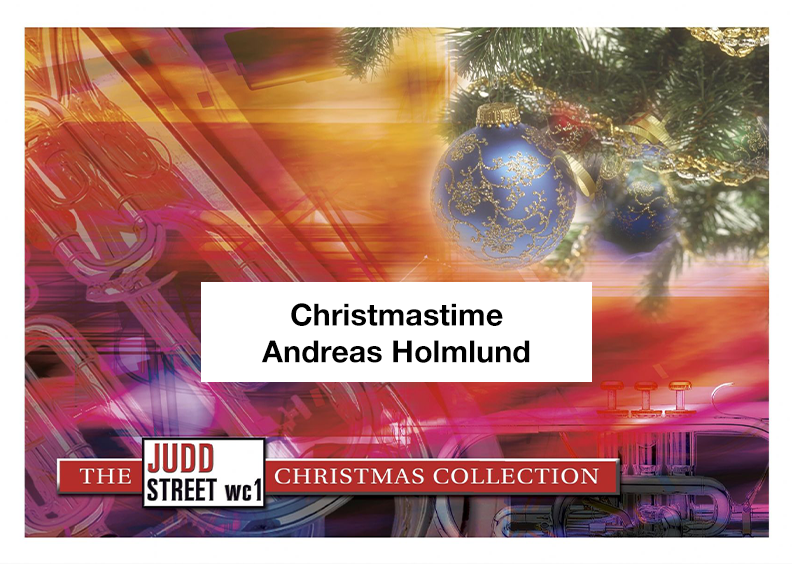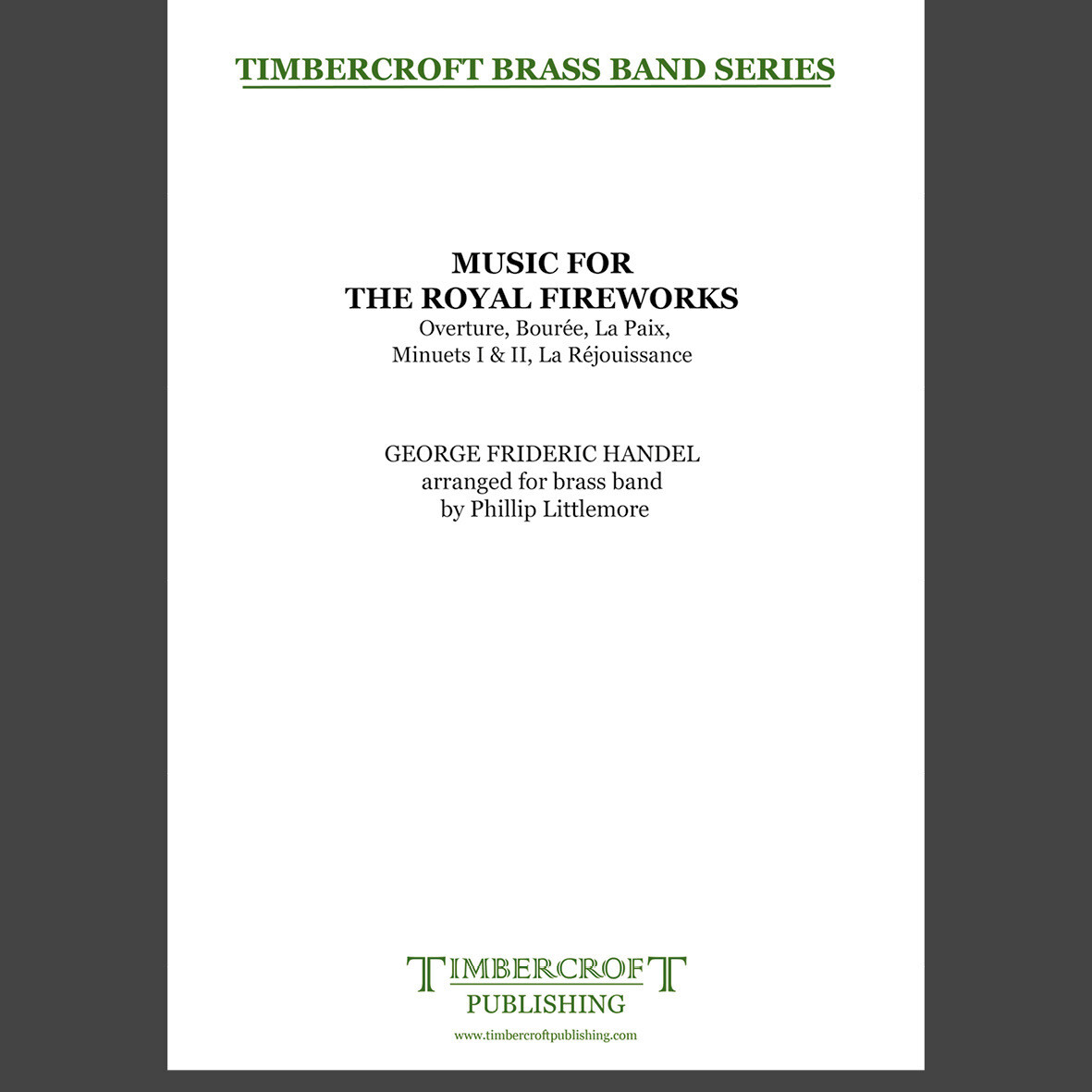Results
-
 £35.00
£35.00William Tell Overture - Finale
The overture to Rossini's opera William Tell is a fairly large scale work in four sections and lasting some twelve minutes. However, it is the Finale of the overture which is one of the most iconic pieces of music. This March of the Swiss Soldiers is a dynamic cavalry charge and galop often used in popular media to denote galloping horses, a race, or a hero riding to the rescue. Its most famous use in that respect is as the theme music for the radio and TV show The Lone Ranger! It was also used to great comic effect by Spike Jones and his City Slickers and it also finds it's way into the first movement of Shostakovich's 15th Symphony.Duration: c.3'20"Difficulty: 2md Section and above
Estimated dispatch 5-7 working days
-
£26.50
Light Cavalry - SuppA(c), F - Greenwood, JA
Probably the most played overture in the brass band repertoire (because it works so well). Recorded on numerous occasions and numerous bands both for broadcast and disk. An impressive overture that doesn't require the intensive rehearsal that other overtures require.4th section
In Stock: Estimated dispatch 1-3 working days
-
£74.95
Orion (Dramatic Overture) (Score and Parts)
Bantock's wide-ranging interests embraced not only celtic, oriental and middle-eastern cultures, but a passion for classical Greece which drew from him some of his most distinguished works. In 1934 he relinquished his Birmingham appointment to become C
Estimated dispatch 7-14 working days
-
£37.95
Orion (Dramatic Overture) (Score Only)
Bantock's wide-ranging interests embraced not only celtic, oriental and middle-eastern cultures, but a passion for classical Greece which drew from him some of his most distinguished works. In 1934 he relinquished his Birmingham appointment to become C
Estimated dispatch 7-14 working days
-
 £89.95
£89.95Christmastime (Brass Band - Score and Parts)
Taking the form of an overture, this piece contains passing references to many well-known festive songs, and features Hark! the herald angels sing (C.C. 38), The first Nowell (C.C. 86), Have yourself a merry little Christmas (C.C. 115) and O come, all ye faithful (C.C. 61).There are a lot of notes in this music. Keep it light throughout and make the most of every opportunity to play quietly. In sections D and E, The first Nowell is presented in 2/2 time. Getting used to this unusual presentation of the melody may take careful rehearsal.
Estimated dispatch 7-14 working days
-
 £60.00
£60.00Music from the Royal Fireworks - G. F. Handel arr. Don Blakeson
Handel's Music For The Royal Fireworks was composed in 1749 to celebrate the signing of the Treaty of Aix-la-Chapelle and the end of the War of the Austrian Succession. The site chosen was the fashionable upper part of St. James Park, which was becoming known at that time as Green Park. The Green Park 'Machine', which housed the pyrotechnics was an elaborate affair adorned with "statues and other figures, festoons of flowers, and other lustres".It was announced that there would be some 10,000 rockets and other devices to be let off, all culminating in a grand, burning sun with 'Vivat Rex' at its centre. There were also rumours that the event was to be accompanied by an impressively large band of military music and mention was made of "40 trumpets, 20 french horns, 16 hautboys (oboes), 16 bassoons, 8 pairs of kettle drums, 12 side drums, a proper number of flutes and fifes; with 100 cannon to go off singly at intervals". It is unlikely that Handel had ever conceived such forces and it was merely the promoter's hyberbole, not least because it was unlikely that there were sufficient numbers of extra military musicians available that could read music, as most played from memory. It is also likely that Handel, and his publisher, were conscious that future performances would be hindered by such forces. The autographed score lists the instrumentation as 9 trumpets, 9 french horns, 24 hautboys, 12 bassoons, 3 pairs of kettle drums and up to 4 side drums.The work is in five movements, although Handel's original score did not indicate in which order they should be played. However, in this score they are arranged to be played as follows: Overture, Bouree, La Paix, Minuets I & II and La Rejouissance.Duration: c. 19 minutesDifficulty: Suitable ofr all
Estimated dispatch 5-7 working days
